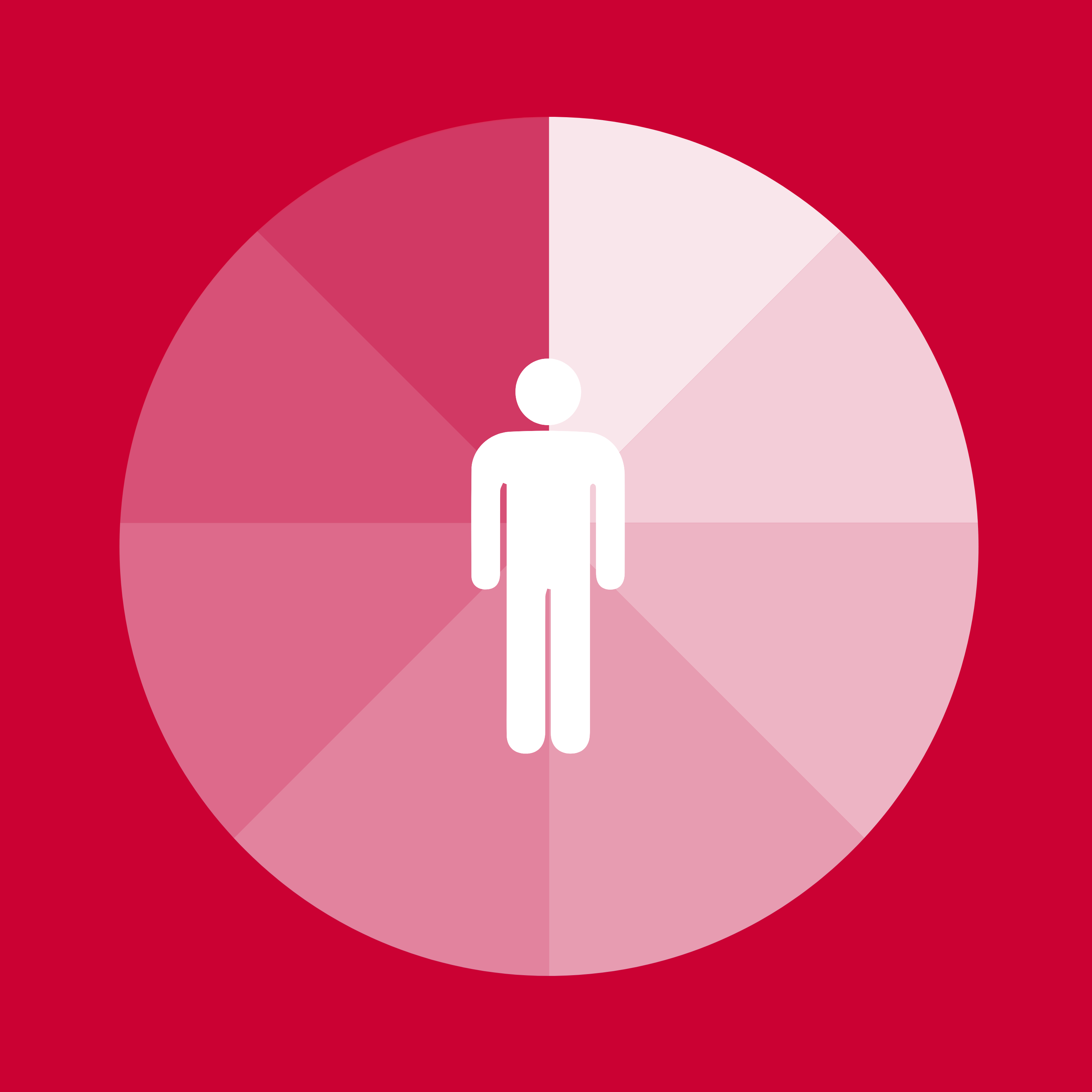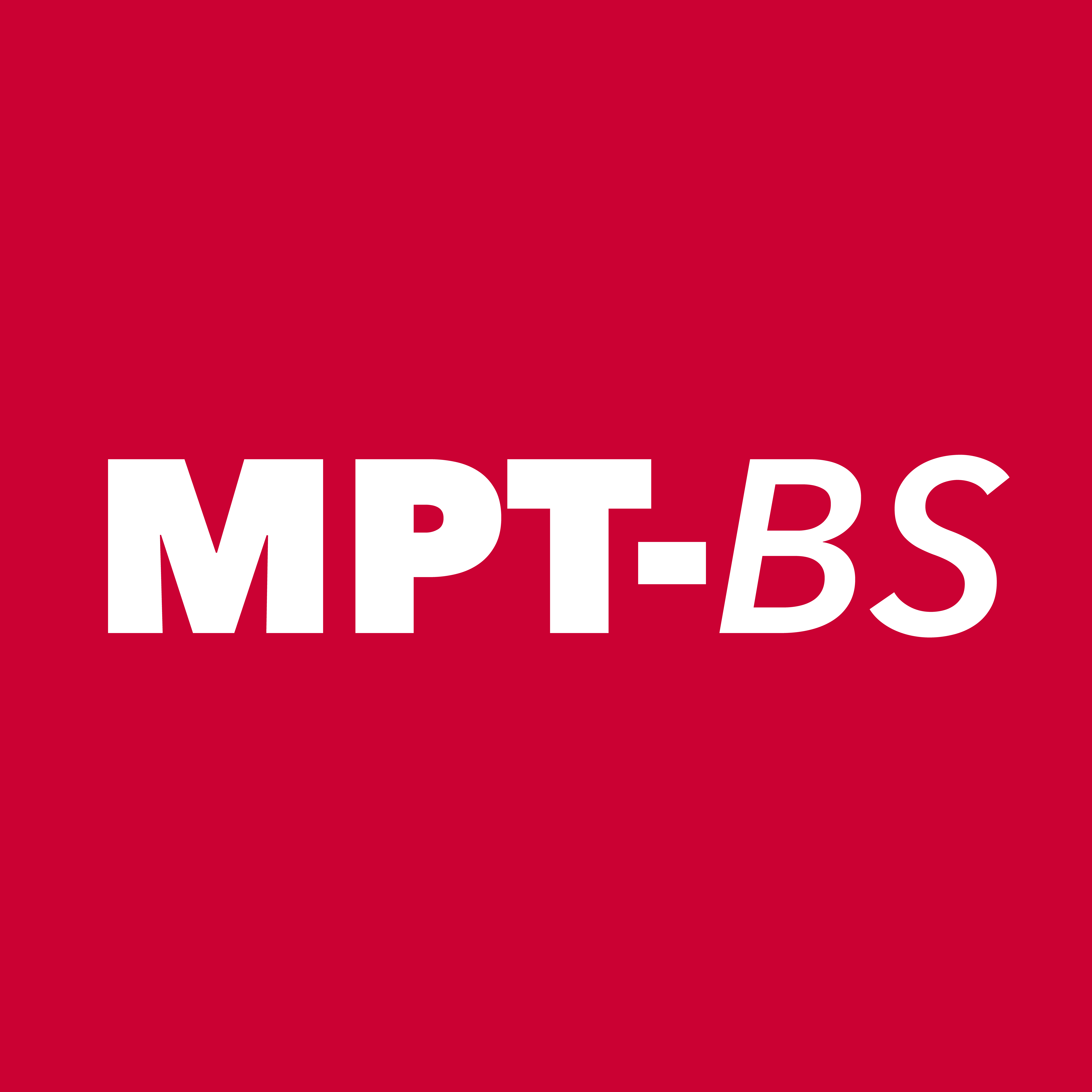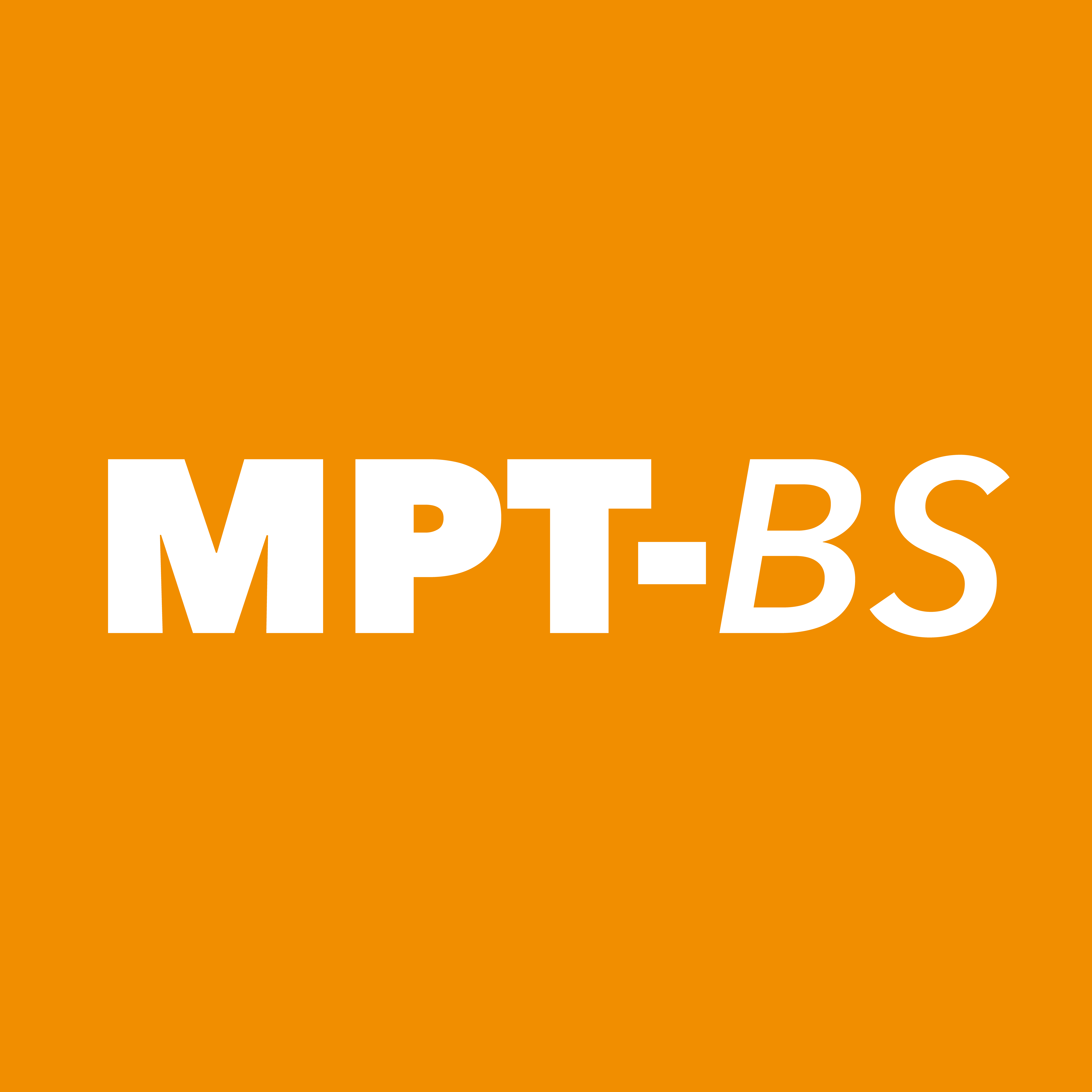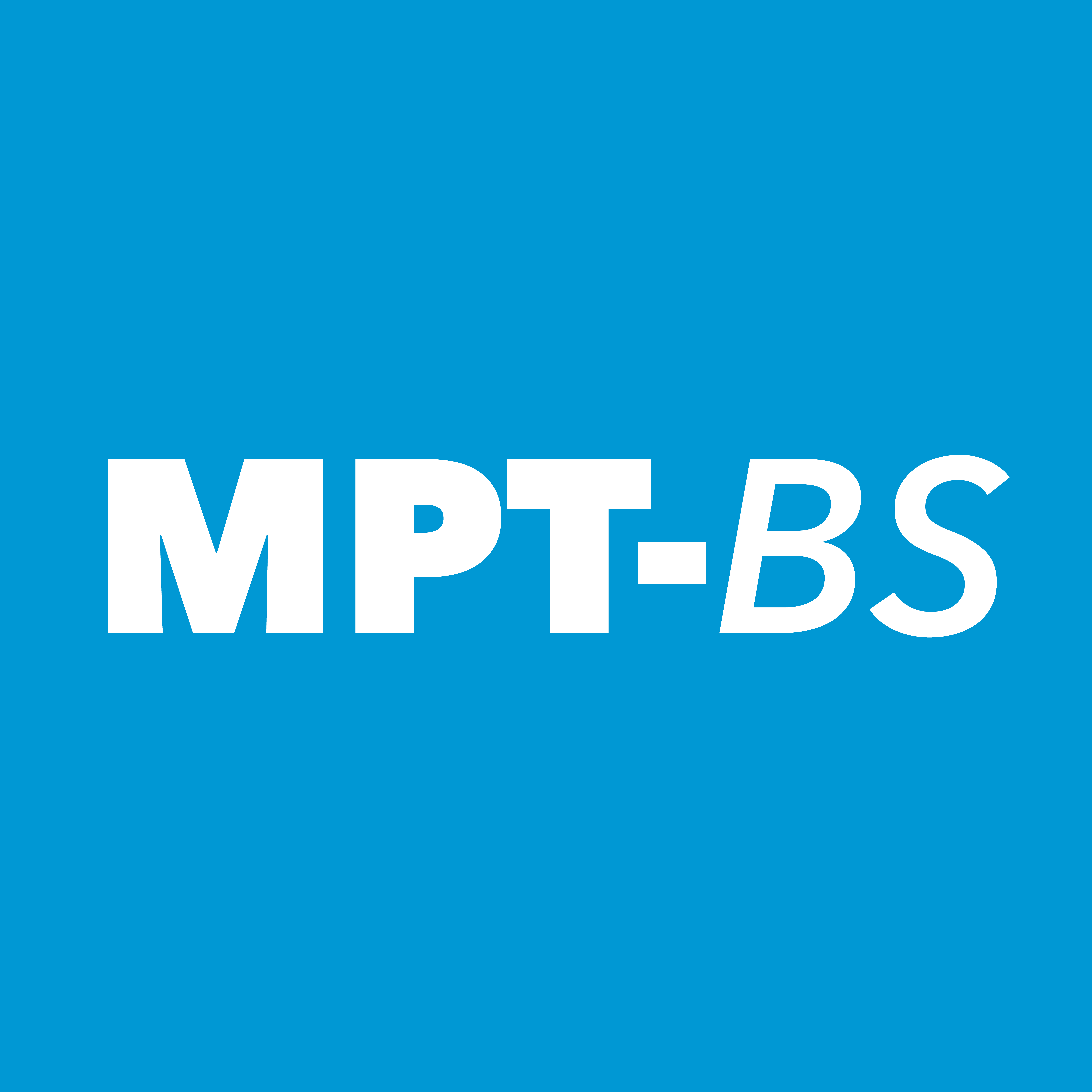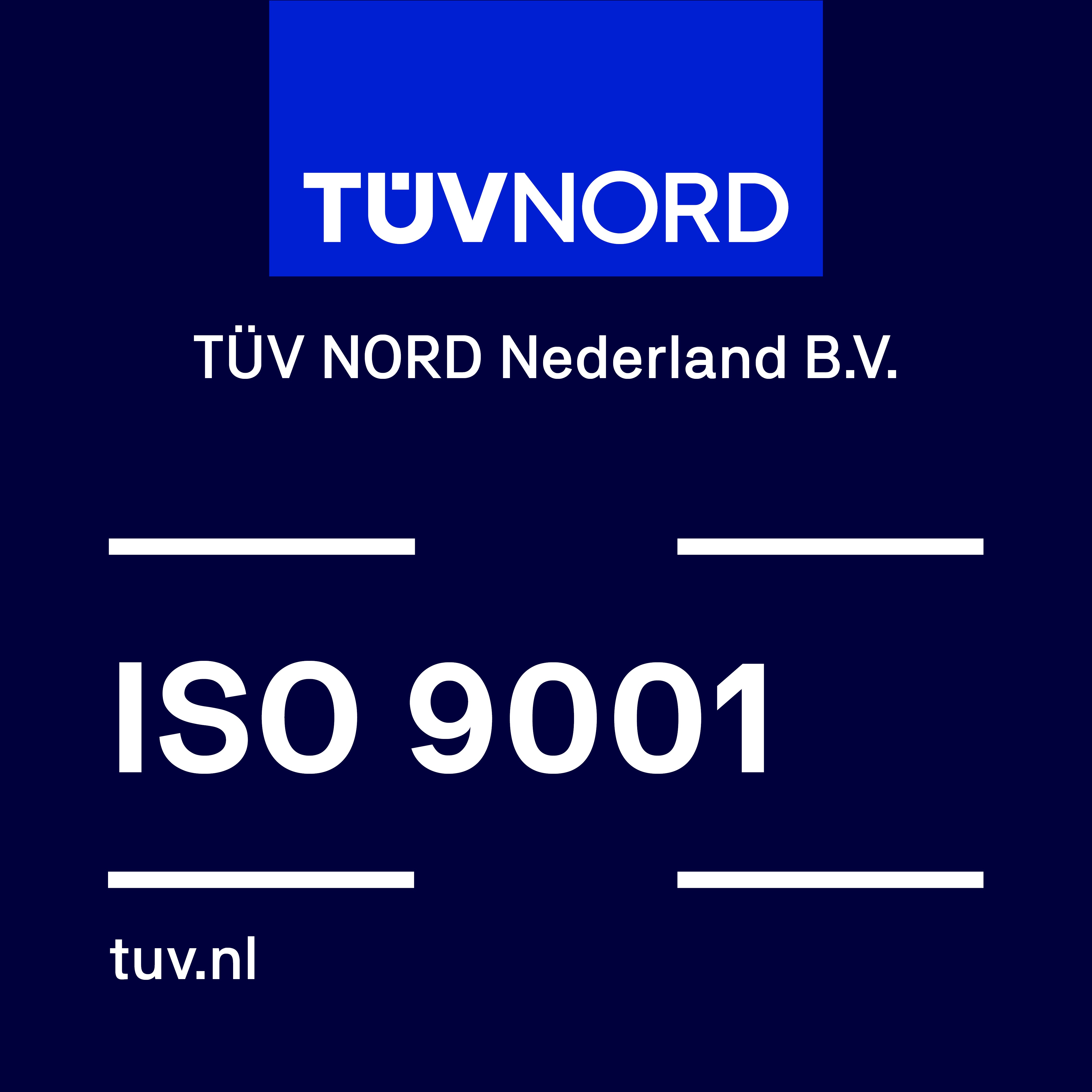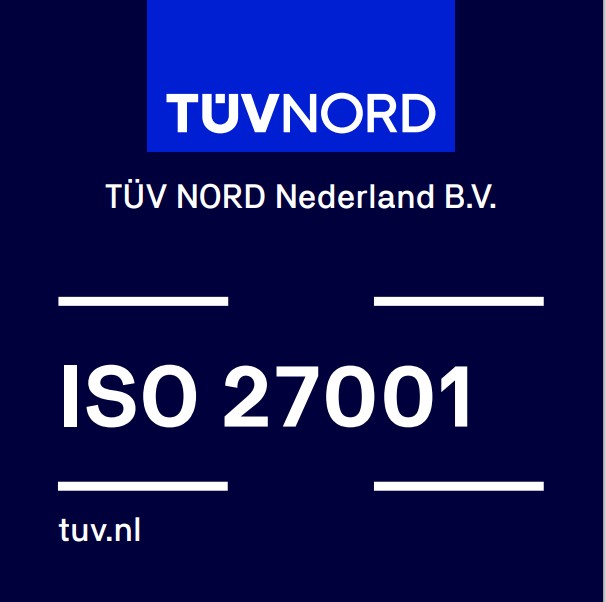There are six versions of the Big 6 personality questionnaire:
- NEW: MP-B6: six main scales and 18 subscales, questions, scale names, and reporting are shorter, simpler, and more neutrally worded. 125 questions. 15 min.
- MPT-BS (Big 6): six main scales and 25 subscales, so results on 31 scales. 200 questions. 20/25 min.
- MPT-BS work: questions tailored to the work context, same number of questions and scales.
- MPT-BS basic: questions are shorter and more simply worded, same number of questions and scales.
- MPT-BS study: only the 10 (sub)scales that proved most predictive of academic success. Questions are tailored to the educational situation. 10 min.
- MPT-BS quick scan: shortened version of general personality, only the six main scales. 10 min
- Plus an indirect integrity test: the Situational Judgment Test (SBT). Why a personality questionnaire?
Are you looking for the right person in the right place?
Then things like selection and adequate (study) career guidance are crucial. This applies to the selection of employees who need to fit within a specific organizational culture and to the development of employee competencies. But it also applies, for example, to students who want to choose a program that aligns with their abilities, interests, and personality, or to the reintegration of job seekers.
The personality questionnaire is a powerful tool for all these types of questions. It also serves as a good starting point for the process of self-reflection and personal development. These tests can be used effectively to develop Personal Development Plans for their (study) career. For example, if the competency 'Collaboration' is considered important in the position or for a particular program, it is interesting to know whether the employee or student is more introverted or extroverted in terms of personality and how they can tailor their development plan accordingly.
